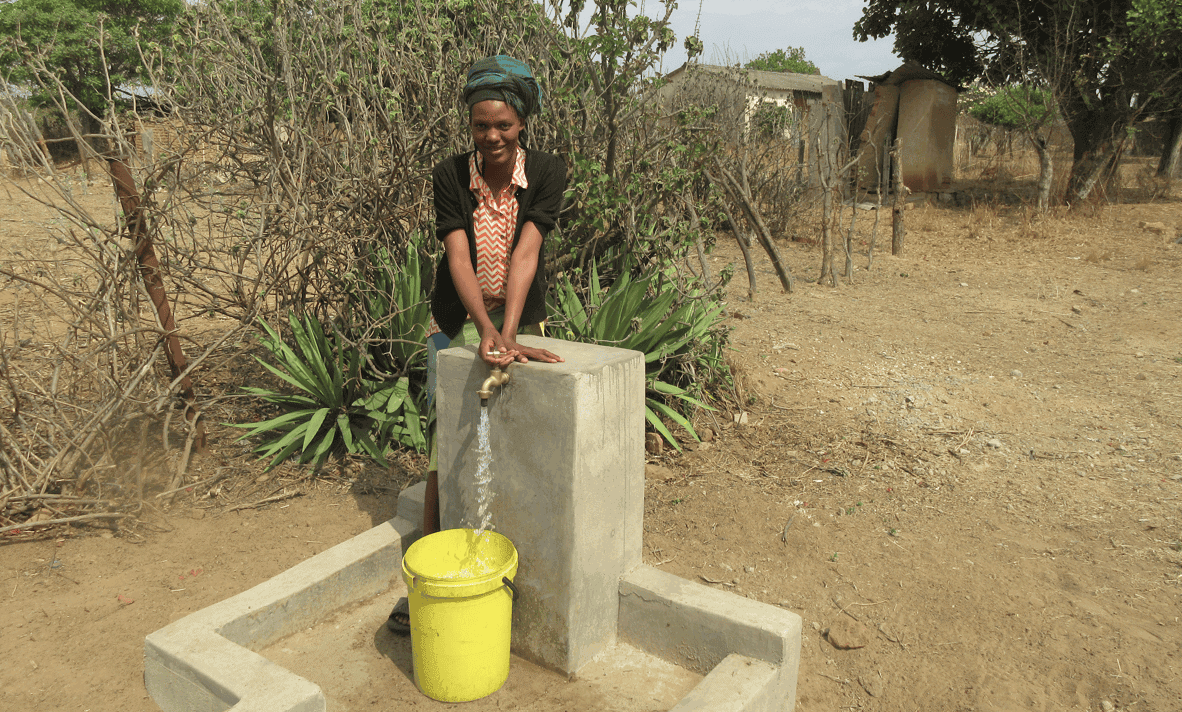Skat Foundation

Skat Foundation
Benevolpark, St.Leonhard-Strasse 45
9000, St.Gallen
Switzerland
Countries of work:
Type of organisation:
Fields of expertise:
- Integrated Water Resources Management
- Water Policy
- Water supply, Sanitation and Hygiene (WASH)
- Water Technology
- Water-Energy-Food-Ecosystem Nexus

We are facilitators of change. Through collaborative partnerships and networks, we support and implement projects that strengthen vulnerable communities around the world.
Our focus lies on improving the access to basic services through Water, Waste Management, and Renewable Energy solutions, aimed at building sustainable and resilient communities in the face of climate change and poverty. Our approach is rooted on 20 years of evidence-based work and built around collective action. WATER: We are a lead organisation in rural water supply, sanitation, and hygiene (WASH). With our long-lasting experience in self-supply, groundwater management, human rights to water and sanitation, and the leave-no-one behind approach, we add value to the sector. We aim at enabling users to choose the technology, service level, and service providers that best meet their needs. This approach is especially important in areas with limited or no access to central, regional, or municipal water services. WASTE MANAGEMENT: We support our partners to address waste management challenges through a holistic and systemic approach. This means tackling the problem at the level of producers, distributors, and consumers, as well as of collection, treatment, and disposal service providers. We promote the capacity strengthening on responsible consumption and sustainable waste management of different stakeholders, including local decision makers in Latin America. RENEWABLE ENERGY: The access to energy is key for social and economic development, as well as for improving human livelihoods. We support researchers, practitioners, and professionals in the development and advocacy of renewable energy solutions to serve communities and families in remote and rural areas. Our contribution includes the development of concepts, tools, and capacity building modules, and their dissemination through websites, webinars, and workshops.